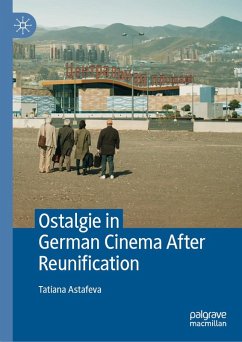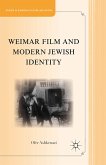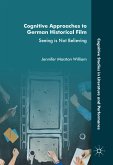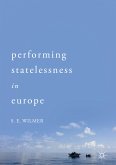This book provides a thorough overview of the ostalgie films about the German Democratic Republic (GDR) produced since the 1990s. Far from being a homogenous phenomenon that romanticizes the totalitarian state, the ostalgie genre is multifaceted, reflexive, and at times subversive. Thus, Astafeva argues, the core of "ostalgie" is an experience of distance that is 'prefocused' by various aesthetic strategies. This genre-based definition makes it possible to conceptualize the phenomenon of ostalgie film in its heterogeneity and to reveal the mechanisms that lay in the essence of ostalgic experience. The cognitivist-phenomenological approach is underpinned by historiographic and genre theory and close analysis of film examples-from the most popular ostalgie films such as Goodbye, Lenin! (Wolfgang Becker, 2003) to lesser-known film productions and recent series such as Kleo (2022-2024)-that allow exploration of various functions of the ostalgic experience. Ostalgie films can foster uncritical reactionary and conservative views of history and expose the experience of distance by orienting aesthetics toward kitsch and retro. They can also encourage reflexive and meta-reflexive understandings of history so that the GDR past is critically discussed and reworked. Furthermore, ostalgie films can in some cases activate historical consciousness, facilitate the production of historical knowledge, and generate ethical thinking and empathy.
Tatiana Astafeva is research fellow at the University of Bremen in the DFG-funded research project "German Film Comedy after the 'Third Reich': Political Aesthetics and Entertainment in German Transitional Films"" (2021-2024) and editor of OA journal Research in Film and History. Her experience also entails working for the BMBF-funded research project "Audiovisual Histospheres" (2019-2020). She holds a PhD from the Film University Babelsberg Konrad Wolf and received a scholarship from ZeM - Brandenburg Centre for Media Studies (2016-2019).
Dieser Download kann aus rechtlichen Gründen nur mit Rechnungsadresse in A, B, BG, CY, CZ, D, DK, EW, E, FIN, F, GR, HR, H, IRL, I, LT, L, LR, M, NL, PL, P, R, S, SLO, SK ausgeliefert werden.









